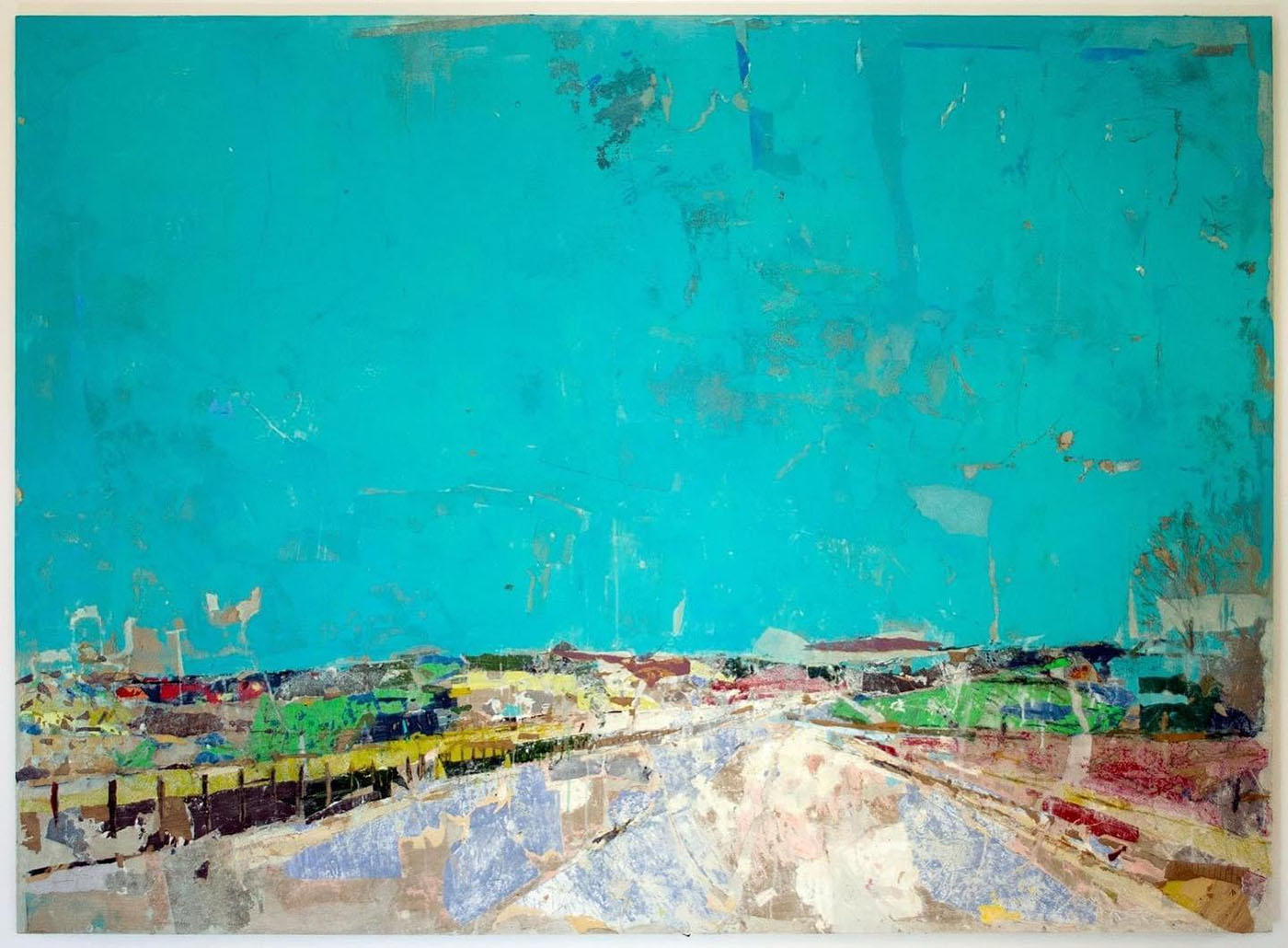Editorial
Earth is our only home, but often we treat it like an orphan child, disregarding our relationship with nature and abusing the planet — ruthless consumers that we are. But wait! As much as we want to take responsibility for ourselves individually, let’s not shoulder all the blame; after all, the petroleum conglomerates discovered the effect of fossil fuels on global warming decades ago, yet did nothing to impede oil consumption. And while the United States showed up and signed The Paris Agreement seven years ago, the U.S. military remains one of the world’s largest polluters. Nor can we can give corporate greed and industrial waste a pass — if we want to impede climate change, we’re going to have to clean house: think of cutting back on plastics and airline travel. (Although the International Air Transport Association has pledged to reach net zero emissions by 2050, that seems an awfully long way off, doesn’t it?) Man must also cut back on war — hello, Putin? The environmental impacts of war often continue years after a conflict is resolved — just ask Vietnam, Syria and Ukraine.
Between air, water and land pollution, friends, much work remains to be done. Little wonder we often find ourselves in the thrall of dystopias, our literature, film and art replete with apocalyptic visions. Can it be any other way? Will we, in our mad rush to destroy ourselves, stop the clock and instead save Mother Earth, prevailing against corporate greed and man’s worst instincts? Further, can we remember that humans are also part of the animal world, and as such it is our sacred duty to coexist with nature?
The Markaz Review’s EARTH issue is our third exploration on an environmental theme, after WATER and FIRE.
In “Lithium Dreams,” Francisco Letelier ponders the earth and the future of his native Chile as it debates lithium mining. With “An Island Without a Sea: Bahrain Odyssey” poet Ali Al-Jamri takes us on a Bahrain journey. In “Earth Strikes Back,” Malu Halasa finds that some artists say it’s time we go from vile consumers to gentle caretakers of the planet. In “Garden of Africa,” Rose Issa talks to internationally renowned Algerian artist Rachid Koraïchi about his Garden of Africa and other garden projects that honor the history and memories of the dead. Remembering Turkey’s devastating 1999 earthquake, in “Turkey’s Earthquake as a Generational Disaster,” Sanem Su Avci looks at this year’s destructive temblor and asks where man can go when he’s being devoured by the earth? Karim Goury reviews Ali Cherri‘s haunting feature film The Dam, set in Sudan before the outbreak of the war this year. In “Olafur Eliasson’s Curious Desert Contrasts Qatar and Iceland,” Safae Daoudi takes in the scope of the Scandinavian artist’s latest exhibition in Doha. And in “Alien Entities in the Desert,” Dror Shohet recalls her otherworldly journey in the Negev with her Bedouin guide and a caravan of camels. In “Arab Theatre Grapples With Climate Change, Borders, War & Love,” playwright Hassan Abdulrazak discusses 11 theatrical performances in the 2023 Shubbak festival in greater London. In “From the City to the Desert—Tahmineh Monsavi,” a social realist photographer travels to the Iranian coastal provinces of the Persian Gulf, including Sistan and Baluchistan, and the desert. Finally, Jordanian fiction writer Fadi Zaghmout, in “Hope on Earth,” contemplates a future where men and robots are run by AI.
Thank you for reading, sharing and commenting on the stories in TMR.
Learn more about earth and the environment at Earth.org. Support The Markaz Review.




